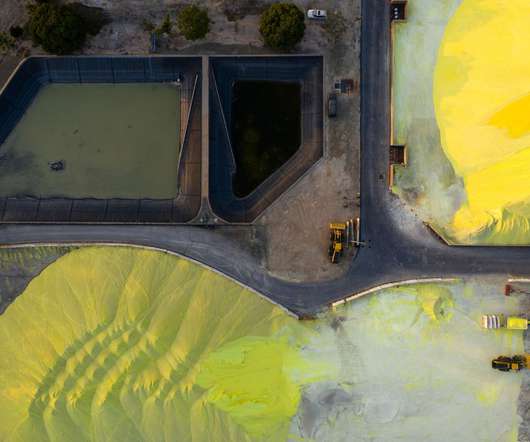EU research project IDEALFUEL seeks to develop marine low-sulfur heavy fuel oils from biomass; Bio-HFO
Green Car Congress
JUNE 26, 2020
The IDEALFUEL project aims to create sustainable alternatives by developing new efficient and low-cost methods to produce low-sulfur heavy fuel oils from wood-based non-food biomass. Although cleaner fuels are available, many companies opt for HFOs due to their low cost.















Let's personalize your content